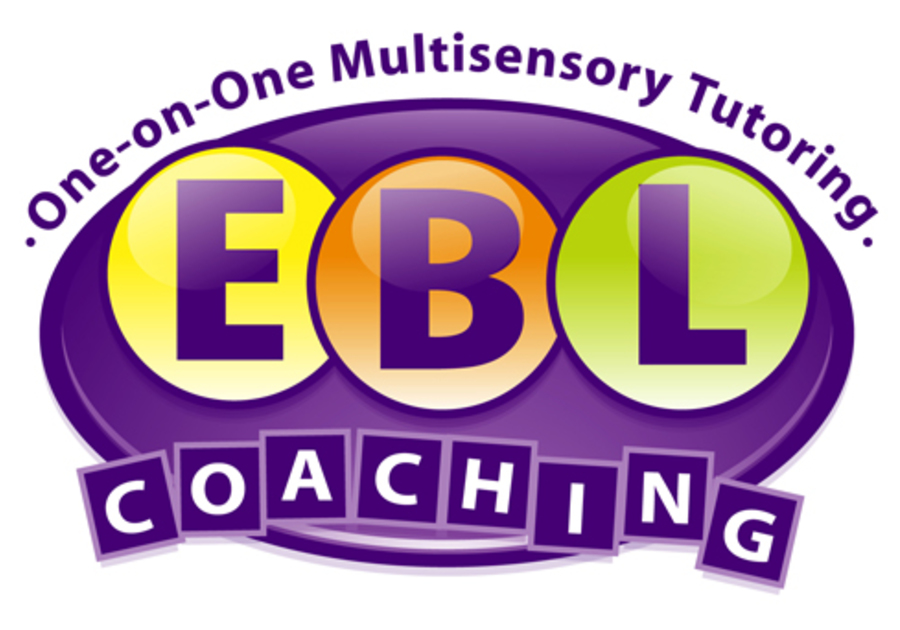Most children look forward to the last day of school and the first day of summer break. They can’t wait to swim, play outside, and relax with their friends at a park. Yet summer is a long stretch of time, and without continuous learning, students face a real risk of summer slide. In fact, research tells us that over the summer students can lose up to 39% of the information they learned during the school year! Help your child avoid the summer slide with the ideas detailed below.
Create a summer reading plan
It’s important that kids continue to read throughout the summer, despite the temptation to ditch all books and focus on play. Help your child set a goal for the summer - it could be reading four books, for example, or devoting a certain amount of time each day to reading. Encourage your child to find a series they like or take a trip to the book store and peruse different genres of books with them. If your child chooses to carve out a certain amount of time each day to read, like 30 minutes or so, help them pick a daily time. It might be right before bed or even right after they wake up; the key is choosing a consistent time slot. You might even try setting aside family reading time - maybe right after dinner - when everyone in the family comes together and reads a book of their choosing.
Make math real!
There are so many great real life opportunities for practicing math over the summer. For younger children, bring them to the supermarket with you and build math into your shopping. Grab three peaches and two plums and ask them how many pieces of fruit you have altogether. Then ask how many pieces would be left if you ate one of the peaches. You can do these basic addition and subtraction problems with just about any items in the supermarket. For older kids, you might ask questions like, “This $6 box of cereal is 10% off. What will the new price be?” or “I have a coupon for $5 off two packs of paper towels that are each $15. How much will I spend on paper towels if I use this coupon and buy two packs?”
You can also try playing math games on the road. For instance, if you are driving on a highway with numbered exits and you are at exit 5, ask your child how many more exits you need to pass to reach exit 21. For older kids, you might tell them you have 100 miles left in your road trip. If you are driving 60 miles per hour, how much more time do you have until you reach your destination? Rather than telling your child to work out of a math workbook or complete worksheets, which they may complain is “boring”, try integrating math into your day-to-day summer activities. Read more about these ideas at https://eblcoaching.com/how-to-avoid-the-summer-slide-and-get-ready-for-back-to-school/
Write in a journal
Writing is a key skill for success, and one that becomes increasingly important as students progress through school. Help your child maintain their writing skills over the summer by encouraging them to write in a journal. This could a general task, like spending 15 minutes per day writing in their journal about any topic they wish. Alternatively, it can be activity-specific. For instance, if you take them to a water park one day, have them write about which slides they went on and foods they ate while at the park. Likewise, if they spend a day at camp, visiting grandparents, or playing baseball outside, have them create a journal entry on activities they did that day and parts that they did or did not like about it. Writing tutoring to build this skill may help as well. The more writing, the better!
Build skills by baking
Most kids love to bake, whether it’s brownies, cupcakes, or corn muffins. Why not build some learning into this fun activity? Start by pulling a recipe and ask your child to measure out the ingredients required for the recipe, like 1.5 cups of flour, 2 tablespoons of oil, 1 teaspoon of salt, and so on, to help build measurement skills. You might also ask them how much more of each ingredient you would need if you doubled each recipe, or how much less you would need if you cut the recipe in half. You can have them weigh different items and work on conversions from ounces to pounds, or vice versa. Keep it fun (and delicious) and they will build key math skills along the way.
Summer is a time for fun and play, but learning should never be completely neglected. Help your child continue building their key academic skills and avoid the dreaded summer slide with these ideas. You can also try summer tutoring or specific tutoring in reading, writing, or math during summer break. In doing so, you will help set your child up for success in the new school year.
Read more about preventing the summer slide and how summer tutoring can help at:
5 Tips For Preventing Summer Slide https://eblcoaching.com/5-tips-for-preventing-summer-slide/
Advantages of Summer Tutoring https://eblcoaching.com/advantages-of-summer-tutoring/
Learn more about EBL Coaching’s summer tutoring programs at www.eblcoaching.com.



